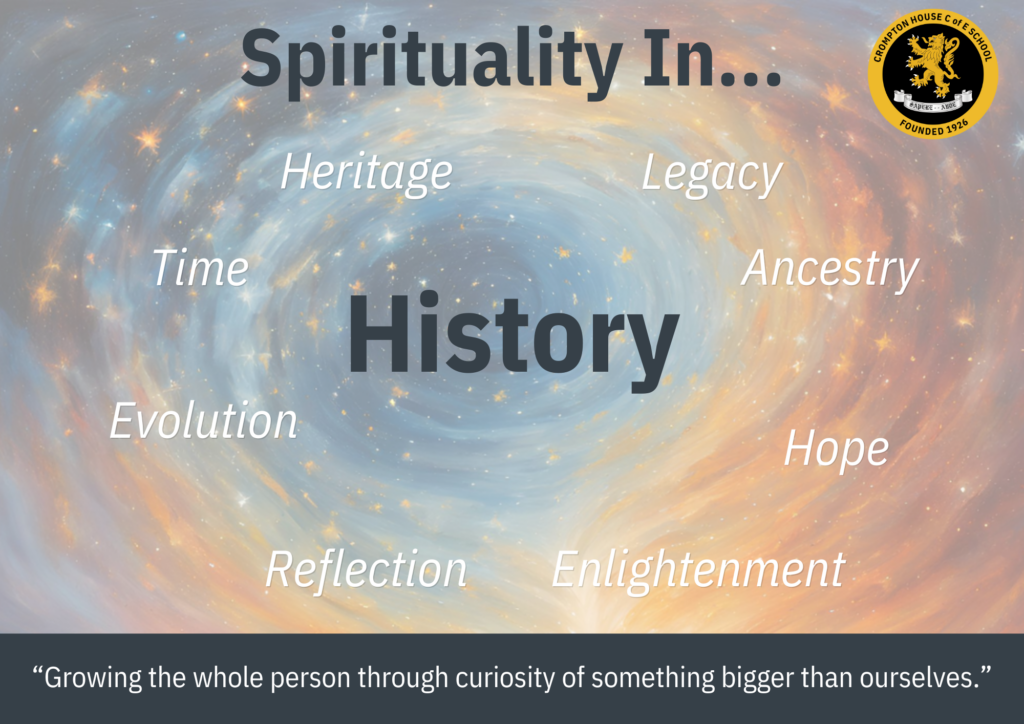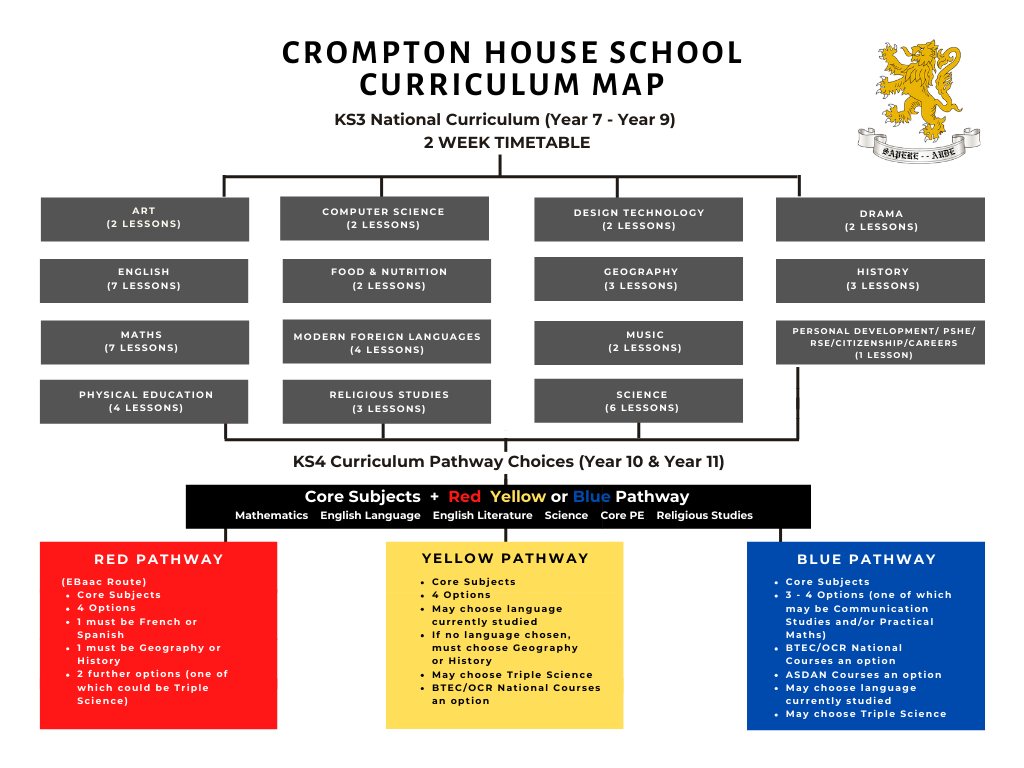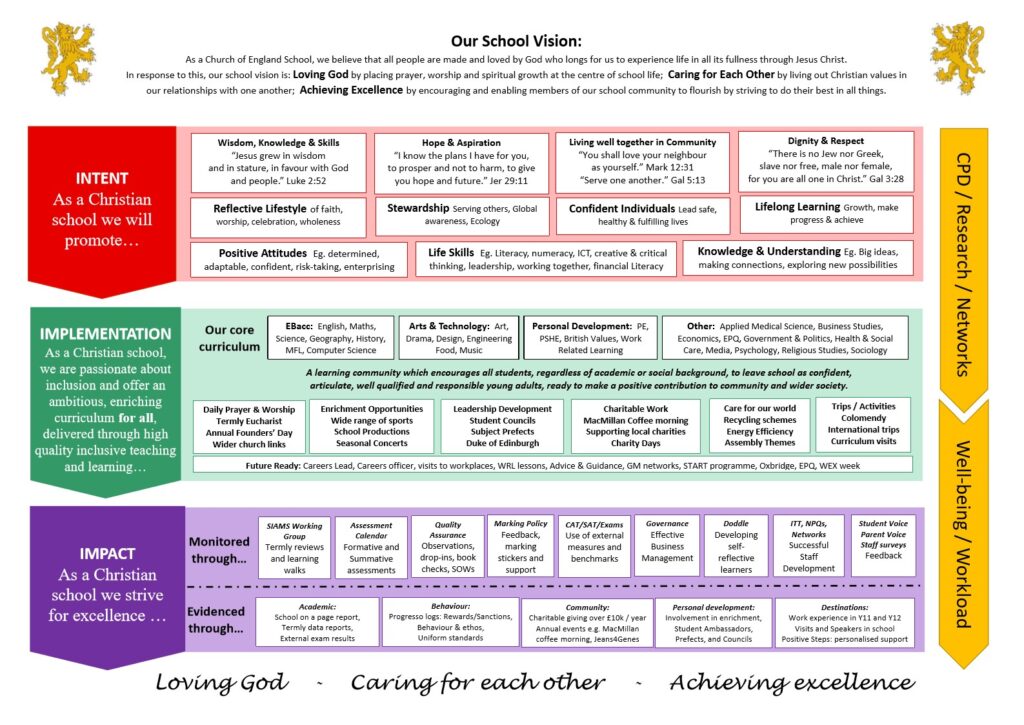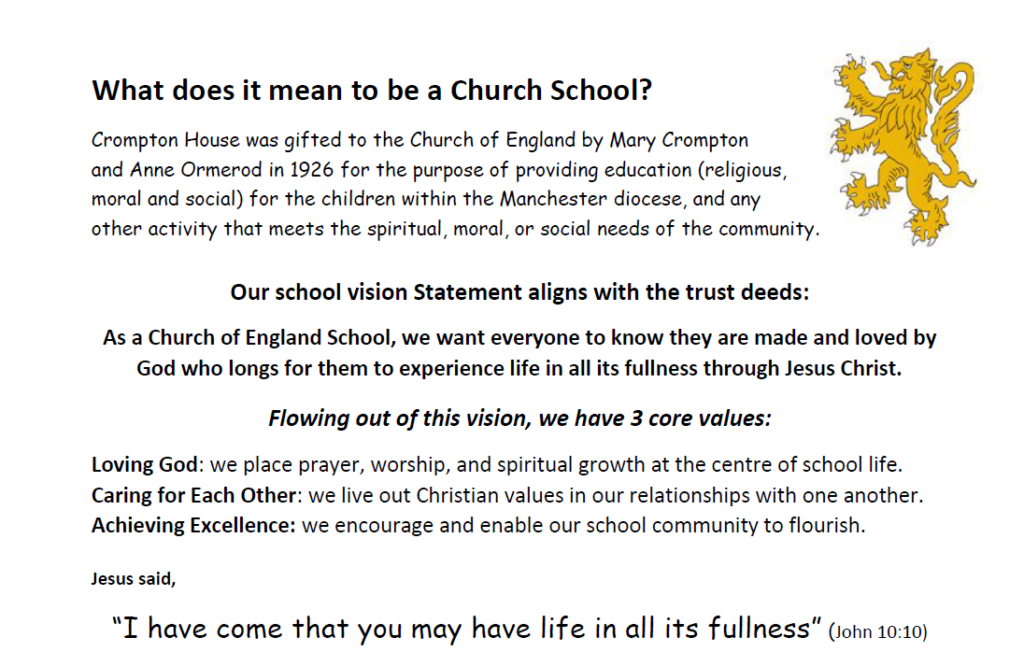Government & Politics
Politics at Crompton House School is relevant to our students in a variety of ways. Firstly, and foremost it offers an opportunity for students to learn about the origins and development of democracy and representation. They will understand the ways in which people can contribute to and participate in politics to become active citizens.
Students develop knowledge and understanding of the role of elections, political parties, parliament, the prime minster and judiciary in the UK and US. They develop an understanding of the way citizens can influence decision making and the role that institutions play in society. They learn the limitations of democracy and how and why they should work to improve the existing system.
The A Level curriculum guides students through an understanding of the workings of the UK political system alongside an understanding of representation through elections and pressure groups. Students then move onto a comparative study of the US. They also explore the role of political ideologies: conservatism, liberalism, socialism and feminism and analyse how these have influenced our political system and their own thinking.
Students develop skills of research and debate and learn to critically evaluate arguments. They will learn to express their arguments and evidence fluently in their essay writing. During lessons they develop their skills of public speaking and active listening.
A level Politics is challenging due to the expectation for students to read widely and keep up to date with national and international events/topical issues. Students are expected to follow current events in their own time and apply their knowledge to their current study.
It requires high levels of comprehension and an ability to write effectively to meet the demands of assessment tasks to demonstrate their knowledge and understanding of key aspects of the course. It is also challenging as it requires developed skills in analysis and evaluation to meet the highest levels in source based and essay questions. Students produce regular essays and work with their teachers to establish good practice pieces.
What distinguishes A level Politics from all other A levels is the synoptic element of the course. This requires students to work across different parts of a qualification and to show their accumulated knowledge and understanding of a topic or subject area. This is assessed in Unit 3 in Y13 but developed throughout the course as students required to make comparisons between a range of ideas/features they study in Unit 1 and 2.
Politics is a subject that requires students to carry out research and reading regularly and therefore contributes greatly to develop independent learning skills. It also teaches transferable skills such as: analysis and evaluation of evidence, inference, critical thinking skills, written and oral communication (including the development and expression of arguments). It often leads to students studying a variety of Arts, Humanities or Law based courses at university and it is also often paired with Economics.
Politics is also directly relevant to student’s daily lives and the wider world around them. It enables them to appreciate the ‘big picture’ of how they fit into our political system and what they could do to make a difference in the world.






